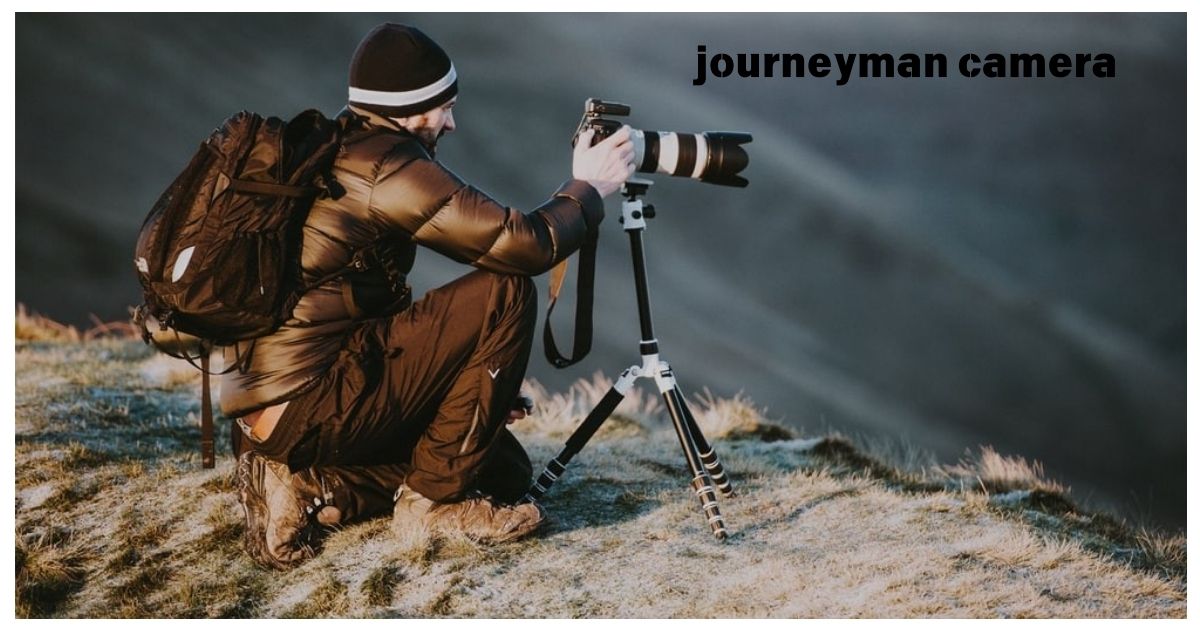A career as a journeyman camera operator combines creativity, technical skill, and a passion for storytelling. This field requires adaptability, precision, and the ability to capture the essence of a scene through a camera lens. Below, we’ll explore everything you need to know about becoming a journeyman camera operator, including skills, tools, career paths, and tips for success.
What is a Journeyman Camera Operator?
A journeyman camera operator is a mid-level professional with proficiency in camera operation who supports production teams by capturing high-quality footage. They often work in diverse environments like film sets, news stations, live sports, and event productions, managing cameras under various conditions and shooting styles. Journeymen operators bring a blend of hands-on experience and technical knowledge to capture compelling visual content.
Skills Required for a Journeyman Camera Operator
Journeyman camera operators need a mix of technical and creative skills. They must know how to set up and adjust camera equipment, understand various shot compositions, and adapt to changing conditions. Key skills include:
- Technical Camera Operation: Understanding camera settings, angles, and controls.
- Attention to Detail: Capturing precise visual details for narrative or aesthetic purposes.
- Adaptability: Adjusting quickly to different filming environments.
- Communication: Working smoothly with directors and crew members.
Educational Path to Becoming a Camera Operator
While formal education isn’t always required, many operators pursue a degree in film, media production, or broadcasting. These programs offer foundational knowledge in visual storytelling, camera operation, and post-production. Practical experience through internships or assistant roles is often essential to build real-world skills.
The Role of a Journeyman in the Camera Department
Journeyman operators play a key role in the camera crew by following the director’s vision and ensuring each shot meets visual standards. They often work closely with senior operators, camera assistants, and other crew members, and they must adapt to different shooting styles, such as single-camera and multi-camera setups.
Types of Camera Equipment Used by Journeymen Operators
The tools of a journeyman camera operator are essential for achieving quality footage. Common equipment includes:
- Digital and Film Cameras: Operators should understand both formats.
- Lenses: Different lenses are essential for a variety of shot styles.
- Stabilizers and Tripods: For capturing steady shots in various conditions.
- Lighting Equipment: Helps to create mood and depth in scenes.
Gaining Practical Experience as a Camera Operator
On-the-job experience is invaluable. Many journeyman operators start as production assistants, gradually working their way up. Practical experience allows them to become proficient with camera equipment, understand the demands of different shooting environments, and build industry connections.
Mastering Camera Movements and Techniques
A journeyman camera operator must master various camera movements and shot types, which contribute to the storytelling aspect of any production. Key techniques include:
- Panning and Tilting: Moving the camera horizontally or vertically for dynamic shots.
- Tracking: Following subjects to capture motion smoothly.
- Zooming: Adjusting focus to highlight or reveal details.
Understanding Lighting and Composition
Journeyman operators must grasp lighting basics, like balancing exposure, using natural light, and manipulating artificial sources. Composition skills are also crucial, ensuring that each frame is visually engaging. Operators must consider elements like the rule of thirds, symmetry, and framing to capture shots that draw the audience’s attention.
Challenges of Being a Journeyman Camera Operator
The role is physically and mentally demanding. Journeyman operators often work long hours in unpredictable weather conditions, and they may need to carry and set up heavy equipment. Meeting tight deadlines and adjusting to last-minute changes are common challenges that require both resilience and adaptability.
Career Path and Opportunities for Growth
Journeyman camera operators can advance their careers by gaining more specialized knowledge or moving into roles like senior camera operators or directors of photography. Networking, continuously learning new techniques, and building a diverse portfolio can open doors to higher-level positions in the industry.
Networking and Building Industry Connections
It is essential in the film and media industry. Journeyman operators should attend industry events, connect with other professionals, and seek mentorship opportunities. Building a reputation and establishing connections can lead to future job opportunities and collaborations.
Staying Updated on Technological Advances
Camera technology evolves rapidly, and operators need to stay current with the latest tools and software. Participating in workshops, following industry publications, and experimenting with new technologies help journeyman operators stay competitive and capable of meeting modern production standards.
Importance of Adaptability in the Field
Each filming environment presents unique challenges, whether it’s capturing action scenes or filming in unpredictable conditions. Journeyman operators must be flexible, prepared to switch between cameras, and adapt to both high-stakes live events and carefully planned shoots.
Developing a Unique Shooting Style
To stand out, many journeyman operators develop a signature style. This might involve using particular angles, compositions, or color palettes. Cultivating a unique style can make an operator more desirable in the industry, as directors and producers often seek operators with a distinct visual flair.
Tips for Aspiring Journeyman Camera Operators
Success in this role requires persistence, ongoing learning, and attention to detail. Here are some practical tips for aspiring journeyman camera operators:
Practice Regularly: Use different cameras and practice capturing various scenes.
Build a Portfolio: Create a diverse portfolio that showcases versatility.
Seek Mentorship: Learn from experienced operators to improve technical skills.
Stay Physically Fit: The role can be demanding; fitness helps manage the workload.
Embrace Constructive Criticism: Feedback from directors and peers is crucial for growth.
Conclusion
A journeyman camera operator’s journey is filled with learning, creativity, and technical mastery. Whether you’re capturing a dramatic scene or covering live events, the role offers endless opportunities for creative expression and growth. Success requires dedication, continuous learning, and a strong network, making it a rewarding career for passionate storytellers.
FAQs
What qualifications are needed to become a journeyman camera operator?
While a degree in film or media is beneficial, hands-on experience is often more important.
How does a journeyman operator differ from a senior operator?
Journeyman operators are mid-level, while senior operators have more experience and often take on leadership roles.
What are the main challenges of this job?
Long hours, physical demands, and the need to adapt quickly to changing environments are common challenges.
What is the typical salary range for a journeyman camera operator?
Salaries vary widely depending on experience, location, and project type, but mid-level operators generally earn a moderate income.
How can I develop my own shooting style?
Experiment with different compositions, angles, and lighting, and review footage to identify what resonates visually.










